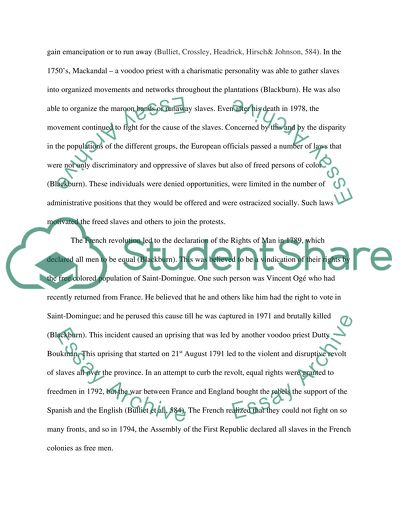Cite this document
(“Africa Diaspora Research Paper Example | Topics and Well Written Essays - 1000 words”, n.d.)
Retrieved from https://studentshare.org/history/1457832-africa-diaspora
Retrieved from https://studentshare.org/history/1457832-africa-diaspora
(Africa Diaspora Research Paper Example | Topics and Well Written Essays - 1000 Words)
https://studentshare.org/history/1457832-africa-diaspora.
https://studentshare.org/history/1457832-africa-diaspora.
“Africa Diaspora Research Paper Example | Topics and Well Written Essays - 1000 Words”, n.d. https://studentshare.org/history/1457832-africa-diaspora.


